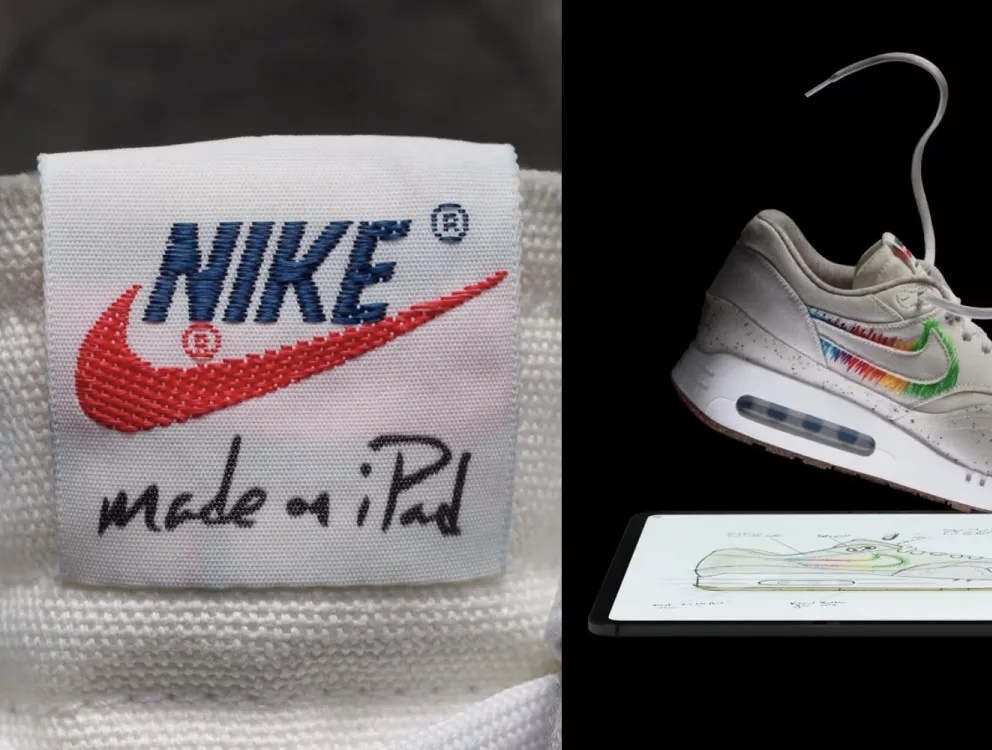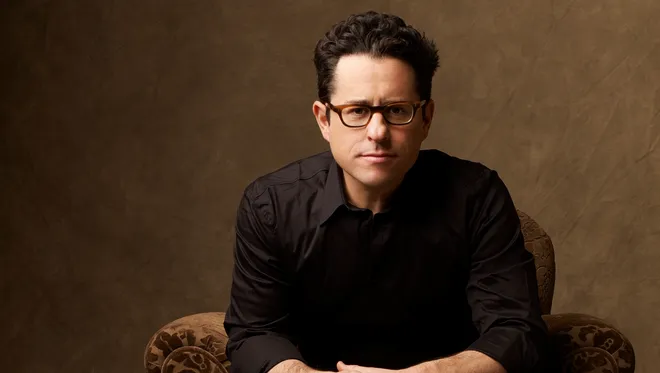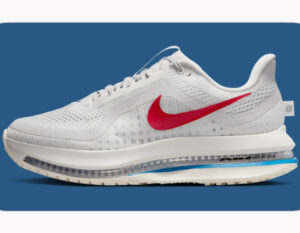Tim Cook, best known as the CEO of Apple, has had an ongoing side role as a board member of Nike since 2005. Serving on the board of one of the world’s most iconic athletic brands, Cook’s influence extends beyond his duties at Apple, encompassing an industry focused on innovation, design, and brand loyalty. However, recent developments have made this role more challenging, particularly as the global economic landscape shifts and Nike faces its own set of pressures.
As a longtime Nike board director, Cook has played an instrumental role in shaping the company’s strategy, particularly in areas where technology and athletics intersect. Nike’s focus on digital integration, such as their innovative apps and connected fitness technology, mirrors the tech-driven evolution that Cook has championed at Apple. His expertise in leading one of the most valuable companies in the world has given him a unique perspective on how to navigate challenges in product development, consumer engagement, and global strategy.
However, Cook’s board duties at Nike have taken on new complexities. In the wake of the pandemic, global supply chain disruptions have impacted Nike’s manufacturing and distribution networks. While these issues affect many companies, they pose a unique challenge for a brand that is deeply reliant on global production and retailing. As Nike navigates these hurdles, Cook’s strategic input is crucial in ensuring the brand remains resilient. Given his experience with Apple’s global logistics and supply chain expertise, Cook’s contributions are expected to be invaluable, but they also demand more of his time and focus.
One of the most significant challenges Cook now faces in his role at Nike is the growing demand for corporate responsibility and sustainability. The global conversation around climate change and ethical production has intensified, and companies like Nike are increasingly being scrutinized for their environmental impact and labor practices. Nike has taken steps to address these concerns, with initiatives like Move to Zero, a commitment to reducing carbon emissions and waste. However, critics argue that more needs to be done, particularly given the company’s reliance on overseas manufacturing.
As the CEO of Apple, Cook has spearheaded significant sustainability initiatives, with Apple striving to become carbon neutral across its entire business. His experience in this arena positions him well to influence Nike’s sustainability agenda. However, the athletic giant operates in a vastly different space, with additional challenges related to production, materials, and the global supply chain. Balancing consumer demand for innovative, high-performance products with the need for more sustainable practices is a delicate dance, and Cook’s role in guiding Nike through this transition will likely grow more demanding.
Another layer of complexity in Cook’s role at Nike comes from the increasing competition in the athletic and sportswear space. Brands like Adidas, Under Armour, and emerging direct-to-consumer companies are all vying for market share, each with its own unique positioning. Nike, while still a dominant force, has to constantly innovate to maintain its edge, especially as trends shift rapidly in the fitness and fashion industries.
Moreover, the rise of athleisure as a lifestyle category means that Nike is no longer just competing with traditional sportswear brands, but also with luxury labels and fast-fashion companies looking to capitalize on the athleisure boom. The lines between performance gear and streetwear have blurred, creating both opportunities and challenges for Nike. Cook’s expertise in tech and innovation, as well as his understanding of branding from Apple’s highly curated and aspirational product ecosystem, could provide Nike with valuable insights on maintaining its relevance in a crowded marketplace.
However, these pressures also add to the complexity of Cook’s role as a board member. He must help guide Nike’s leadership as they navigate the increasingly crowded and competitive landscape, all while managing the company’s global reputation and brand identity.
One area where Cook’s influence has been particularly impactful—and where the challenges may intensify—is in the integration of technology with athletic performance. Nike has made significant strides in this domain, from the Nike Training Club app to partnerships with tech companies for connected fitness products like the Nike+ series and the Apple Watch integration. As consumers continue to embrace wearable technology and fitness tracking, the intersection of tech and athletics will only deepen.
However, this space is rapidly evolving, with new players entering the market and setting higher standards for technological innovation. Nike’s digital and tech initiatives, while strong, need to keep pace with consumer expectations for seamless, tech-driven experiences. Cook’s dual role as Apple CEO and Nike board director puts him in a unique position to help foster this evolution, but it also comes with greater responsibilities as Nike navigates the future of fitness technology.
Nike’s challenge is to maintain its leadership position in the tech-athletic space without compromising its core identity as a performance-focused brand. Cook’s background at Apple, a company known for its tech innovations and consumer loyalty, provides a strong foundation for addressing these challenges. Nevertheless, as more companies introduce their own fitness tech products and services, Nike must continue to innovate—and Cook’s role in this will likely grow more complex as competition heats up.
As the world continues to face economic uncertainty, Nike’s consumer base is shifting in response to global market forces. Inflation, supply chain issues, and changing consumer habits all pose significant challenges. People are spending more cautiously, and companies like Nike must adapt their strategies to ensure that their products remain accessible while maintaining their premium brand image.
For Cook, who has steered Apple through similar economic challenges, the task is familiar but daunting. Nike must now navigate fluctuating demand while maintaining its profitability and continuing to invest in innovation and sustainability. The brand’s reliance on international markets also means that Cook’s global expertise will be essential in helping Nike remain agile and responsive to changes in different regions. His experience with Apple’s expansion into emerging markets, particularly in China and India, could prove invaluable as Nike seeks to grow its footprint in these key areas.
One of the most pressing questions surrounding Cook’s continued role at Nike is how he manages to balance the demands of being Apple’s CEO with the increasing complexities of Nike’s board. While Cook has proven to be a capable and effective leader at both companies, the growing challenges at Nike suggest that his role there may require more focus in the coming years. As both Apple and Nike face heightened scrutiny on sustainability, competition, and innovation, Cook’s dual roles will demand even more careful time management and strategic thinking.
In his role at Nike, Cook does not have the day-to-day responsibilities of running the company but instead acts as a key advisor and strategic guide. Nevertheless, the complexities of the current market and the growing importance of sustainability, global strategy, and tech integration mean that his position as a board member is far from passive. His influence on Nike’s future direction, particularly as the brand navigates these new challenges, will be crucial.
Tim Cook’s role as a Nike board director has always been one of balancing innovation with tradition, and that balance is becoming more challenging in the current climate. The demands of sustainability, the need for constant innovation in both fashion and technology, and the pressures of a volatile global economy all contribute to a growing complexity in his role. As Nike continues to face new obstacles, Cook’s expertise in leading one of the world’s most successful companies will undoubtedly help steer the brand through these turbulent times. However, the road ahead is tough, and his side hustle as a Nike board director just got a lot more complicated.
No comments yet.








